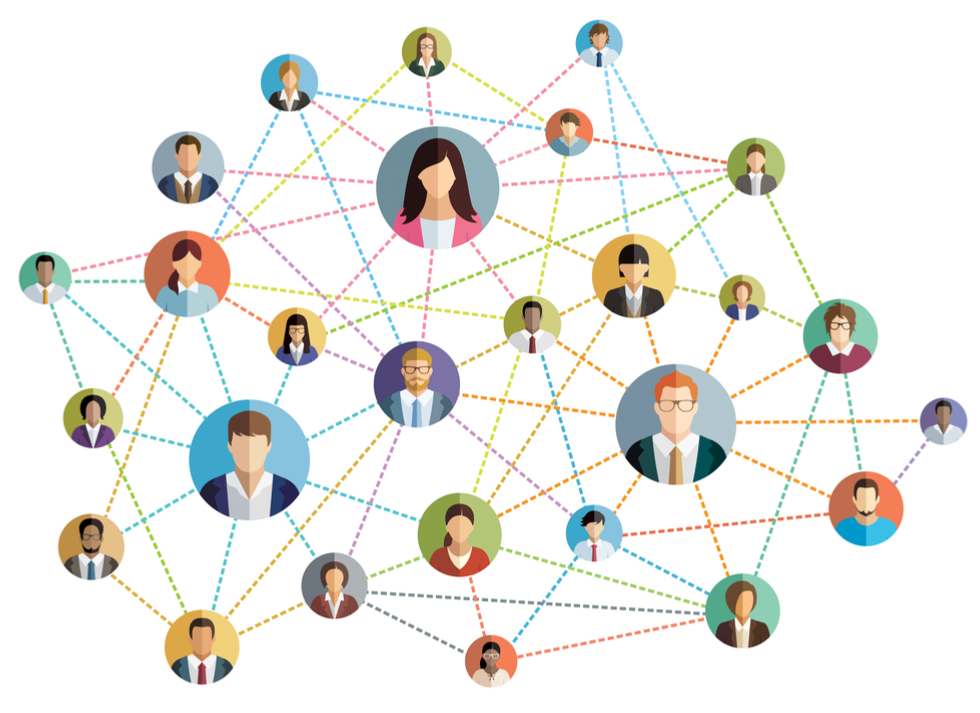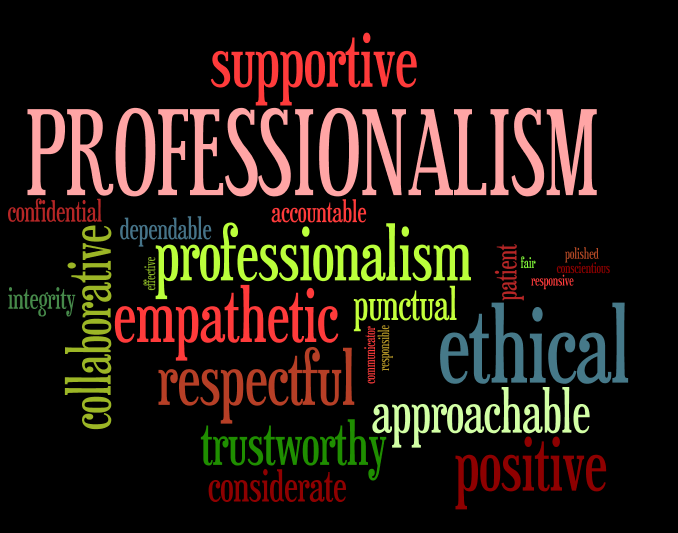Working in the creative industries: is freelancing the road to success?
By Nathan Bayne

A lot of people in life want to be their own boss and make their own money for themselves through freelance work. Yes, there can be many advantages, but there are also a lot of drawbacks that you need to consider before you make your mind up. We will cover the main points you need to know and will bring you one step closer to deciding what you want to do next.
Benefits of working Freelance
Freelancing is a fantastic way to do things the way you want to do them. It allows you the freedom to choose where you work from, your working hours, and you can decide how hard you want to work to get a lot of money. You can also choose whether you want to relax and take your time with work if you've got other things keeping you occupied. Something a lot of people don't realise about freelancing is that freelancers tend to make more money than employees within their field do when working for a company. So if you love your money and are willing to put in hard work, then freelancing is the way to go for you.

When you're in control of what jobs to accept, you're able to choose work that will maybe help you improve your skills on something you know a bit about but not entirely. This enables you to be able to choose whatever projects you desire that will continuously help improve your skills. When you keep doing this for a while, you will eventually become very good at these skills and can then take on more advanced projects which can earn you even more money. When working within a company, you're not able to choose what projects you work on which can lead to you doing the same work over and over again and will lead to no self-improvement on your skills. This could also become quite repetitive and put you off working within a company very quickly.
Drawbacks of working Freelance
Although working on projects yourself can be fun, it can also involve a lot of risks throughout the process that you need to take into consideration. There is no job security when working yourself. You could have a lot of work for one month and then next could be a complete dry spell and would leave you with no money for that month. Freelancers usually never reject any job offers for this exact reason. You're best accepting most jobs that are available. They might not be available in a month. Having to cover your next month's pay can lead to long stressful hours and hours of work per day. Freelance workers can often work 12-16 hours per day. It can be very draining for some people so if you feel like you wouldn't be able to keep up with these type of working hours then maybe freelance isn't appropriate for you.

Another drawback is that due to these long working days, it can affect your social life. If you're working for that long per day, then it is almost impossible to have a great social life. Another disadvantage is that you need to seek out to people for work. You won't have queue of people waiting to give you work unless you are always on the lookout for new work and contacting people all the time. Often freelancers spend 40% of there time looking for jobs than actually doing the work itself. So don't expect the work to come to you, you need to find where the jobs are available.
Price Competitively

Before you start working on various projects, you need to figure out how much you're going to charge clients. You need to consider how good you are at your job and need to think about what your competitors are pricing their work. If you happen to be the most expensive on the market for what you do, then the chances are, you won't get as many clients like everyone else due to them undercutting you. You need to find the right balance for what skills you can provide and the average price per job on the market.
Tips to Survive Working Freelance
There is a lot of different techniques/approaches that you can use to stay sane throughout the process and also to make sure you have enough money in the bank for food, rent etc. As previously mentioned, you can have a month where you get a lot of jobs being available and the next month being a complete dry spell. You must always have enough money in your bank account to cover necessary living costs for your next month just as a backup in case you don't get in enough work. You are always better having enough to cover for at least a few months but if you're struggling with money at least try to refer yourself for one month.

Another tip to consider is after each project you finish, it is alright to have a break for at least a day or even a few if you feel you need it. It will allow you to take your mind off work and to regain composure until you're ready to take on the next project. Once your head is clear, you'll be prepared for future projects. If you were to continually work 12-16 hours, 6/7 days a week without any breaks between projects, it would seriously affect the actual work you're producing for people. You might not be able to think straight due to how much you've been working, which could then affect the quality of the work you're producing for clients. This could then lead to the client being unhappy with what you've provided and will affect your reputation.
Quality over Quantity
(discussed in other posts)

The main thing you need to remember when making your portfolio is that quantity doesn't matter, quality matters. You shouldn't post all your work just for the sake of saying you have done a lot of work and have a lot of experience. It can genuinely put employers off if they have to search through all your different projects to find some unique skills. The less effort the employer has to make, the better. Let's say that you're a videographer and you have only done one high-quality video; you shouldn't feel ashamed to have a website with only one project on it because over time you will continue to add more and more content to it. Sometimes it only takes one quality project for an employer to be impressed enough to hire you.
When to Employ

Employing someone to help you with your workload can be a very stressful process. In reality, you essentially need to double your earnings to pay for your employee as well as yourself. If you've got to the point that you've built up an excellent reputation within your field and are continually getting a lot of work, then employing someone at this stage would be a good idea. As a lot of time is put into searching for jobs for freelancing, you could get them to get future projects set up for you to ensure that you will always have a line-up of work to do. You could also get them to deal with all the books to keep track of payments and how much you're earning. You could even hire someone to be doing the work with you if its video editing, for example, yous could do 50% of the jobs each to reduce the number of long hours you usually have to do. It will also help with the quality of your work because you'll be able to put more time and effort into them. In return, this will be good for reputation because the majority of your clients will be happy with the work. This process can be repeated over and over until you've built up a strong enough team that can do the work for you without you even needing to do anything or at least very little work. Who wouldn't want to live a life like that?
Continue Reading

What makes a good portfolio or showreel?
This post talks about the benefits of having your own portfolio and why you should definitely have one.
Read More 4 People Like

The importance of networking within the creative industries.
Ways on how to start networking and what benefit it brings to you.
Read More 7 People Like

IP Rights and their Importance in the Creative Industries.
IP rights discussed in depth to give you a full understanding of how it works.
Read More 6 People Like

Does the concept of professionalism apply to the creative indutries?
Professionalism does apply to the creative industries, and this will be talked about in further detail throughout the post.
Read More 4 People Like